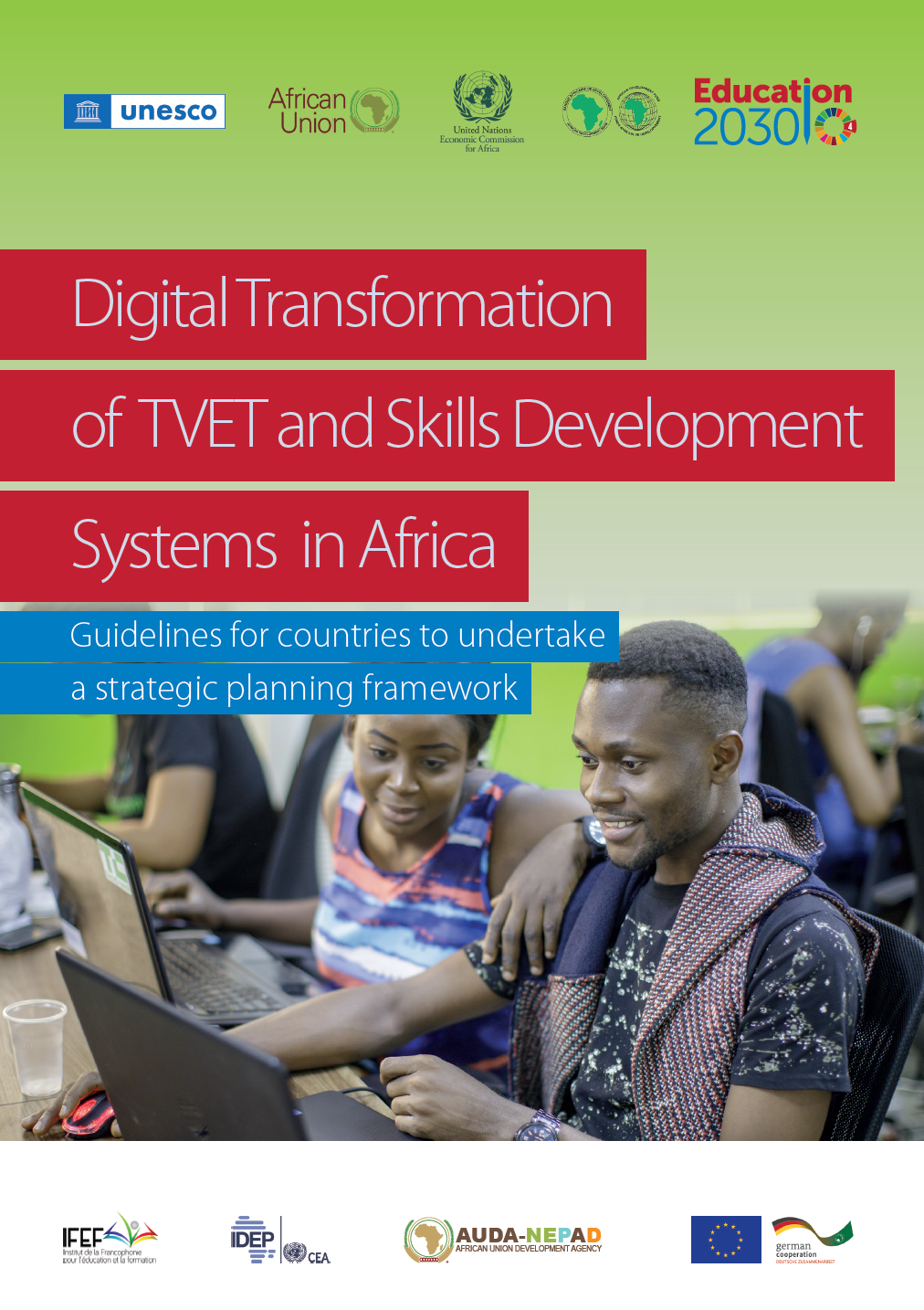
Le Centre International UNESCO-UNEVOC: Qui nous sommes | Ce que nous faisons | Nous rejoindre | Nous contacter
Le Réseau UNEVOC: En savoir plus sur le Réseau | Répertoire du Réseau UNEVOC
Espace Membres: Tableau de bord du Centre UNEVOC
Domaines thématiques: Inclusion et jeunes | Innovation et avenir de l'EFTP | Engagement du secteur privé | Les ODD et l'écologisation de l'EFTP
Nos programmes et projets clés: BILT: Connecter innovation et apprentissage | Renforcer la résilience de l’EFTP | Programme pour le leadership en EFTP | Journée mondiale des compétences des jeunes
Activités passées: Réponse COVID-19 | i-hubs: Former des pôles d'innovation | Forums mondiaux de l'EFTP | Conférences virtuelles | YEM Portail de connaissances
Nos services et ressources: Publications | Forum TVET | Profils nationaux d'EFTP | Glossaire TVETipedia | Pratiques prometteuses | Toolkits for TVET Providers | Formation à l’entrepreneuriat
Journal et événements: Grandes Manifestations EFTP | Journal UNEVOC

| Author/s: | The Pan African Initiative for the Digital Transformation of TVET and Skills Development Systems in Africa |
| Publié: | 2023 |
These guidelines follow the publication of Digital Transformation of TVET and Skills Development Systems in Africa - Guidelines for countries to undertake a situational analysis (‘the Situational Analysis Guidelines’).
In concert with the situation analysis guidelines, these guidelines are based on primary research commissioned by UNESCO and the ILO (2020) and ILO’s ‘five building blocks’ conceptual framework for TVET and skills development systems (2021).
In practice, many of the elements in the building blocks are inter-dependent: a framework involves complex interactions between individual learners, workers and the labour market as well as a range of institutions and stakeholders in the public and private sectors. These institutions include education and training providers, regulatory bodies and intermediaries such as public and private employment services, business support services, and local and regional authorities. There are complex financing and data flows, assessment and certification systems and interactions with different policy domains where the politics of skills formation impact the programmes and policies that are in operation.